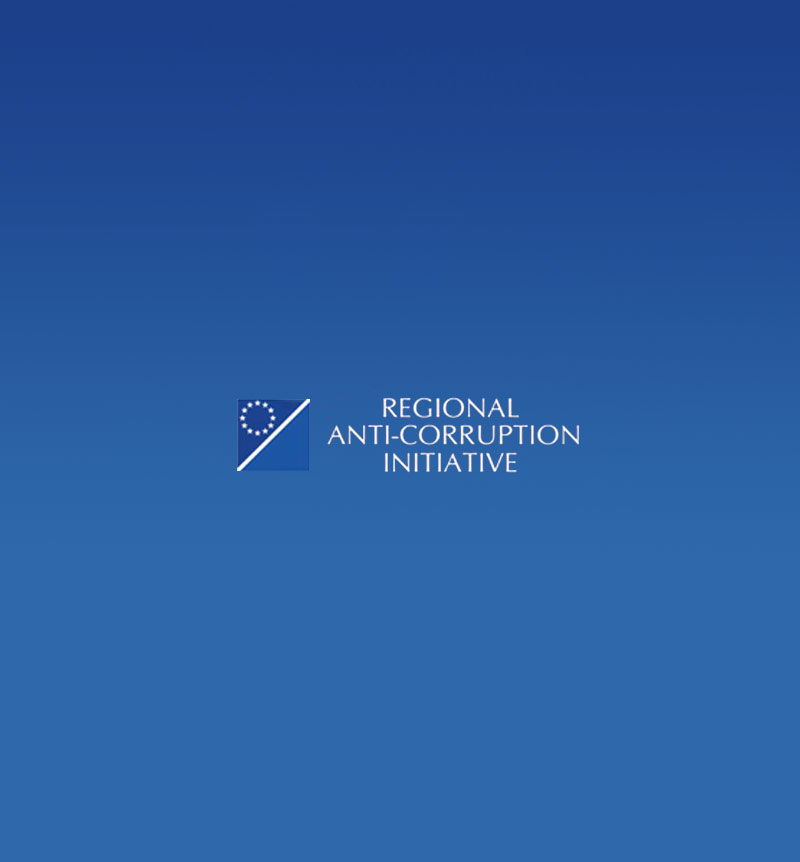- November 11, 2016
- Posted by: admin
- Category: RAI News
From November 7th to 9th 2016, the Centre for Security Studies organized a training in Mostar: “Integrity in Public Procurements: Values, Rules and Behaviour”.
The training was held within the project “Integrity Building and Strenghtening Anti-Corruption Practices in the Security Sector – ACroSS” which is financially supported by the European Union. The project aims to strengthen transparency and accountability in public procurement in the security sector and to establish a framework for civilian control of public procurement in the security sector.
In his opening address the General Secretary of the Centre for Security Studies, Denis Hadžović, PhD, stressed the importance of cooperation between civil society and security sector institutions and expressed hope that the aim of the training will be met, to educate employees working on public procurements in the security sector about integrity and anti-corruption measures, as well as the latest changes in normative acts regulating public procurements. Karoly Soos, program manager at the EU Delegation in BiH, said that the European Union will continue to support efforts to combat corruption.
The first part of the training was dedicated to familiarizing participants with ethics in public administration, and with whistleblowers and their protection in BiH and the region. On that occasion, Tomislav Ćurić, anti-corruption expert and Acting Head of the Secretariat of the Regional Anti-Corruption Initiative, said that the problem of reporting corruption exists not only in BiH, but in the entire region, and that the Law on Whistleblower Protection in the Institutions of Bosnia and Herzegovina is a good example for the region and beyond, particularly because it is implementable.
Assistant Director of the Agency for the Prevention of Corruption and Coordination of the Fight against Corruption, Mevludin Džindo, said that “the Strategy envisages that a similar law is adopted at the lower levels of governance so that all employees in the public sector have the same rights”, particularly taking into account that this model is praised from international organizations for the protection of whistleblowers, such as Blueprint for Free Speech.
In the following sessions, participants were introduced to three new regulations governing the public procurement process, including the Regulation on conditions and usage of eAuction. This is the first major step in electronic procurements in Bosnia and Herzegovina which increases the transparency of the procedure after the submitted bids. The qualified bidders will be able to through reverse auctions offer lower prices (or other parameters), thus enabling additional savings in public procurement. This approach to public procurement promotes a more economical, effective and efficient implementation of the public procurement process, and therefore the use of budget funds and the management of these funds, as well as contribute to greater accountability and transparency of public procurement procedures.
Centre for Security Studies – BH
11 November 2016



